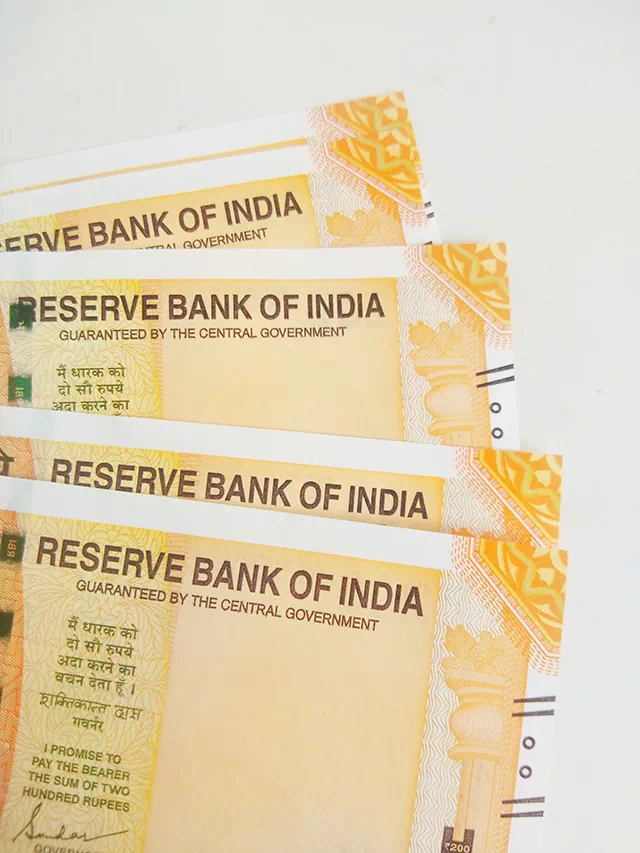A well-written CV is essential when applying for any job. It is the first impression that a potential employer will have of you, and it is important to make sure it is clear, concise, and highlights your most relevant skills and experiences. A good CV should include several key sections, including contact information, a summary or objective, work experience, education, and skills. In this article, we will go into more detail about each of these sections and provide tips on how to make your CV stand out. By following these guidelines, you will be able to create a CV that effectively showcases your qualifications and makes you a strong candidate for any job you apply for.
The 5 main things to include in a CV are:
Contact information
This section should include your full name, address, phone number, and email address. It should be prominently displayed at the top of your CV, making it easy for potential employers to get in touch with you. Make sure to use a professional email address, not something like “cutiepie@gmail.com”. You should also include your LinkedIn profile or any other relevant online presence.
Summary or objective
This is a brief statement that summarizes your qualifications and career goals. It should be written in a way that highlights your most relevant skills and experience, and how they align with the position you are applying for. This section is particularly important if you are a recent graduate, or if you are changing careers. Use keywords that match the job description and focus on your achievements and the impact you’ve made in your previous job.
Work experience
This section should include a list of your relevant past jobs, including job titles, employers, and dates of employment. It should be written in reverse chronological order, starting with your most recent job. It should also include a brief description of your responsibilities and accomplishments in each role. Use action verbs to describe your responsibilities and achievements. Use bullet points and quantifiable data to describe your accomplishments.
Education
This section should include information about your formal education, including the degrees or certifications you have earned and the institutions you attended. It should also include any relevant coursework or honors. This section should also be in reverse chronological order, starting with the most recent degree. Mention your GPA if it’s above 3.0, and any relevant academic project or thesis.
Skills
This section should include a list of your relevant skills and abilities, including both technical skills (e.g. programming languages, software, tools) and soft skills (e.g. teamwork, communication, problem-solving). It’s important to be specific and quantify your skills, for example, “Proficient in Python with 3 years of experience” or “Fluent in Spanish and French” also mention any relevant certifications you have received.
You can also include other sections such as:
Awards and recognition: any awards or recognition you have received for your work, for example, “Received Employee of the Month award”
Volunteer experience: any volunteer work you have done and the organization you volunteered for, and what responsibilities you had.
Professional development: any workshops, training, or certifications you have completed and what you have learned.
Interests and hobbies: activities you enjoy doing in your free time, mention only those activities that are relevant to the position you are applying for.
References: contact information for professional references you can provide upon request. Make sure to ask for permission before including someone’s name and contact information.
Conclusion
A well-structured and well-written CV is essential for making a good first impression on potential employers. By including all the relevant information in the key sections, such as contact information, a summary or objective, work experience, education, and skills, you can ensure that your CV effectively showcases your qualifications. Additionally, including other sections such as awards and recognition, volunteer experience, professional development, interests and hobbies, and references can make your CV stand out from other applicants. Remember to tailor your CV to the specific job you are applying for, proofread it thoroughly, and get feedback from others before submitting it. By following these guidelines, you will increase your chances of landing your dream job.




